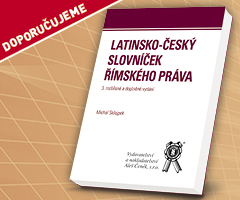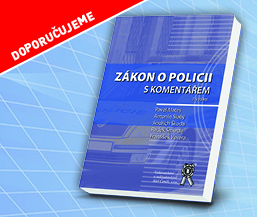Zařazeno v kategoriích: ZAHRANIČNÍ LITERATURA, Anglická
The Public International Law Theory of Hans Kelsen
Jechen von Bernstorff
Formát
hardback
ISBN
9780521516181
EAN
9780521516181
This analysis of Hans Kelsen's international law theory takes into account the context of the German international legal discourse in the first half of the twentieth century, including the reactions of Carl Schmitt and other Weimar opponents of Kelsen. The relationship between his Pure Theory of Law and his international law writings is examined, enabling the reader to understand how Kelsen tried to square his own liberal cosmopolitan project with his methodological convictions as laid out in his Pure Theory of Law. Finally, Jochen von Bernstorff discusses the limits and continuing relevance of Kelsenian formalism for international law under the term of 'reflexive formalism', and offers a reflection on Kelsen's theory of international law against the background of current debates over constitutionalisation, institutionalisation and fragmentation of international law. The book also includes biographical sketches of Hans Kelsen and his main students Alfred Verdross and Joseph L. Kunz.
Ostatní s tímto titulem kupují:
-
Položka byla přidána do košíku.
























